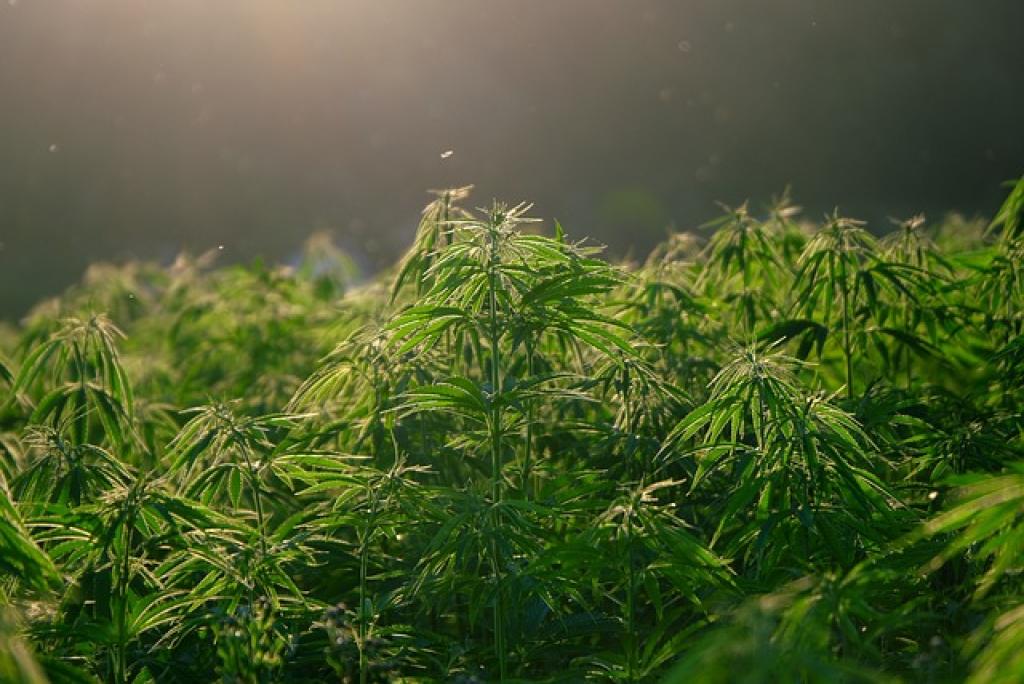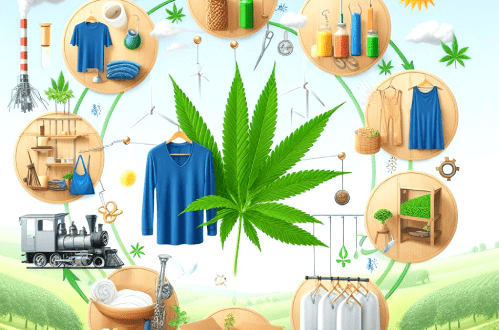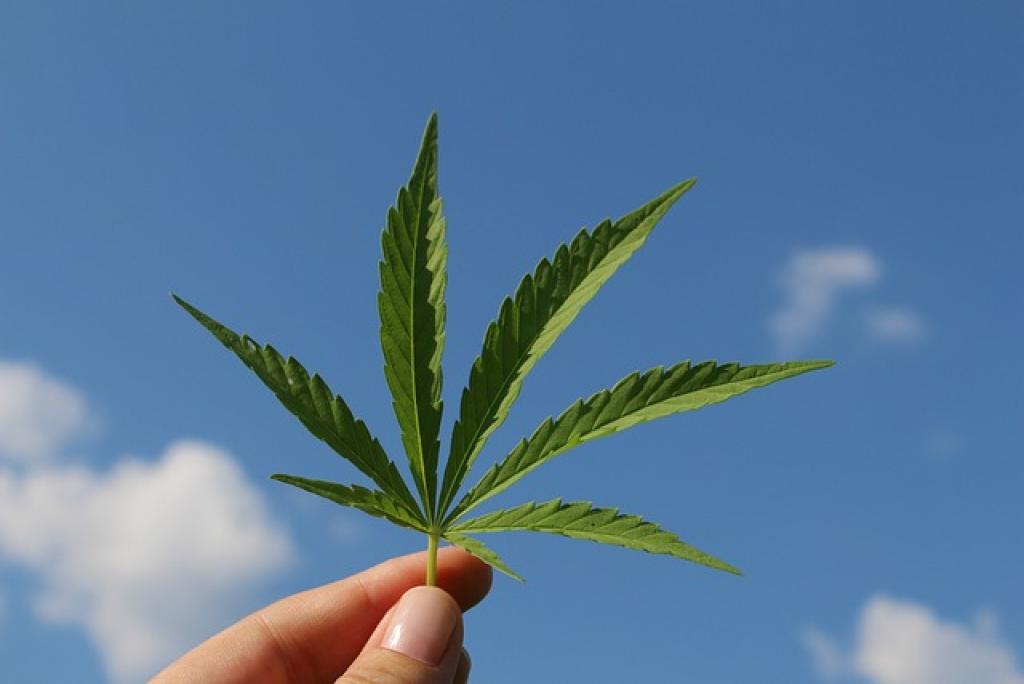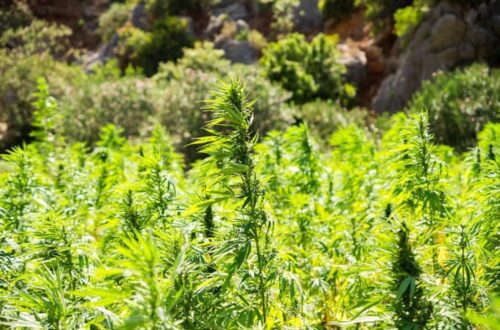The world has been experiencing a green revolution, and it’s not just about renewable energy or organic farming. Hemp, a humble plant often overshadowed by its psychoactive cousin, is making waves globally, thanks to changing laws and perceptions.
From bustling cities to quiet farmlands, hemp is reshaping economies, environments, and even lifestyles. Countries are recognizing its potential to generate sustainable products, from textiles to building materials.
Legalization has also sparked a surge in scientific research, leading to breakthroughs in health and wellness applications. However, this growing industry isn’t without its challenges, as nations navigate the complex web of regulations and public opinion.
Join me on this journey as we explore the varied and fascinating impacts of hemp legalization across different corners of the globe. Buckle up, because this plant is more influential than you might think!
Global Impact of Hemp Legalization on Agriculture
Hemp legalization has breathed new life into the agricultural sector worldwide. This resilient plant grows quickly and requires minimal pesticides, making it an attractive option for farmers looking to adopt sustainable practices.
In countries like Canada and the United States, farmers are converting acres of traditional crops to hemp cultivation. This shift not only diversifies their income but also enhances soil health, thanks to hemp’s deep root system that prevents erosion and removes toxins.
Smaller nations are also reaping the benefits. For instance, in parts of Africa and Asia, hemp is being introduced as a cash crop that can thrive in diverse climates. This is providing local farmers with new revenue streams and reducing reliance on less sustainable crops.
The ripple effect of hemp legalization extends to job creation, from farming to processing and manufacturing. Small-scale farmers and large agricultural businesses alike are finding opportunities in this burgeoning industry, driven by the global demand for hemp-based products.
With its versatility and environmental benefits, hemp is not just changing the face of agriculture; it’s offering a glimpse into a more sustainable future for farming worldwide.
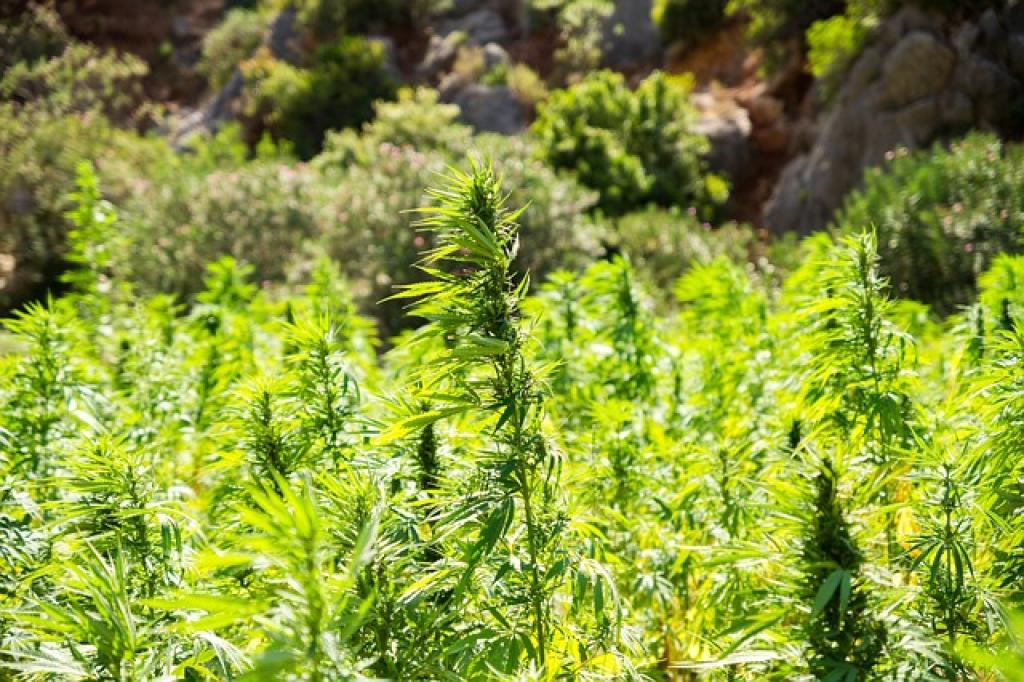
Regulatory Changes and Economic Opportunities Stemming from Hemp Legalization
The legalization of hemp has led to significant regulatory changes worldwide. Governments are creating frameworks to oversee the cultivation, processing, and sale of hemp products. These regulations aim to ensure product safety and quality while preventing illegal activities involving high-THC cannabis.
For many countries, revising outdated laws has opened doors to economic growth. New businesses are booming in the fields of textiles, cosmetics, food, and even construction, where hemp is used as an eco-friendly building material. This has sparked innovation and investment, creating a competitive market that benefits consumers with a broader range of products.
On an economic scale, hemp legalization has generated thousands of jobs. From farmers and factory workers to researchers and retail staff, the entire supply chain is thriving. This influx of employment opportunities is particularly beneficial in rural areas where job options are often limited.
Financial institutions and investors are also taking notice. Banks that once hesitated to engage with the hemp industry due to legal gray areas are now offering loans and financial services. This increased access to capital is enabling entrepreneurs to scale their operations and bring their ideas to life.
All these factors combined are helping to solidify hemp’s place in the mainstream economy. With supportive regulations and a wealth of opportunities, hemp is proving to be more than just a trend—it’s a sustainable economic powerhouse.
Challenges and Successes: Case Studies from Countries That Have Legalized Hemp
Let’s take a peek into some of the real-world stories from countries that have embraced hemp legalization. Each has its unique journey, filled with both triumphs and hurdles.
Canada: Pioneering Progress
Canada is often spotlighted for its forward-thinking approach. Since legalizing hemp in 1998, the country has seen immense growth in the industry. Farmers are proud owners of prosperous hemp fields, while businesses have flourished in sectors like health foods and sustainable packaging. However, even Canada faced initial struggles with establishing clear regulations and dealing with public misconceptions about hemp versus marijuana.
Australia: A Rising Star
Australia has more recently dipped its toes into the hemp pool. Legalized for food consumption in 2017, the Australian hemp industry has experienced rapid development. Entrepreneurs are exploring innovative uses, from hemp beer to skincare products. But the journey hasn’t been all smooth sailing; strict regulations and limited consumer awareness have posed significant challenges. Yet, the country’s ability to adapt and educate its population marks a success story in the making.
In Europe, countries like Germany and France have also made strides. German farmers have benefited from increased subsidies and research grants, driving their hemp market forward. Meanwhile, France boasts a long history of hemp cultivation for industrial uses, such as textiles and bioplastics, blending traditional practices with modern applications.
By looking at these case studies, it’s clear that while the road to fully realizing hemp’s potential is not without obstacles, the rewards are substantial. These countries continue to refine their approaches, balancing regulation with innovation, showcasing hemp as a resilient industry with global promise.
Environmental Effects of Widespread Hemp Legalization
When it comes to the environment, hemp is often hailed as a hero. Legalizing industrial hemp on a larger scale can have some pretty fantastic benefits for our planet.
Soil Health and Crop Rotation
Hemp is a superstar when it comes to soil health. Its deep roots help to aerate the soil, making it easier for other crops to grow after it. This makes hemp an excellent choice for crop rotation, which is key to sustainable farming. Plus, it can grow in a variety of soil types and conditions, reducing the need for chemical fertilizers and pesticides.
Another big win for the environment is hemp’s ability to sequester carbon. Growing hemp can actually help to offset CO2 emissions, as it absorbs carbon dioxide from the atmosphere at a higher rate than most plants. In fact, some studies suggest that one hectare of industrial hemp can absorb around 15 tons of CO2, contributing to the fight against climate change.
Reducing Reliance on Unsustainable Materials
Hemp’s versatility also extends to replacing less sustainable materials. For example, hemp fibers can be used to create biodegradable plastics, reducing our reliance on petroleum-based plastics, which are harmful to the environment. Hemp can also be used to produce paper, requiring fewer trees to be cut down and reducing deforestation.
Water conservation is another area where hemp shines. Compared to traditional crops like cotton, hemp requires significantly less water to grow. This makes it an eco-friendlier option, especially in areas facing water scarcity.
Conclusion: Navigating the Future of Hemp Legalization Worldwide
Looking ahead, the future of hemp legalization worldwide seems promising. As more countries recognize the numerous benefits of hemp, we’re likely to see broader acceptance and more constructive policies.
One of the main takeaways is that hemp is not just a historical crop making a comeback; it’s a robust solution for modern-day challenges. From improved soil health and carbon sequestration to providing sustainable alternatives to plastics and paper, hemp’s potential is vast.
However, it’s not just about the economic and environmental impacts—there’s a social aspect as well. Legalizing hemp can create jobs and stimulate local economies, offering new opportunities for farmers and entrepreneurs alike.
That said, navigating the path to widespread hemp legalization isn’t without its hurdles. Regulatory frameworks need to be clear and supportive, allowing for safe cultivation, processing, and trading. Education and awareness campaigns will also be crucial to dispel any lingering misconceptions about hemp and its uses.
In conclusion, the journey towards global hemp legalization is a multi-faceted one, filled with both challenges and immense potential. By working together—governments, industry leaders, and communities—we can unlock the full benefits of this incredible plant.
Ultimately, the future of hemp legalization is not just about legalizing a plant. It’s about embracing a more sustainable, innovative, and inclusive future for us all.

